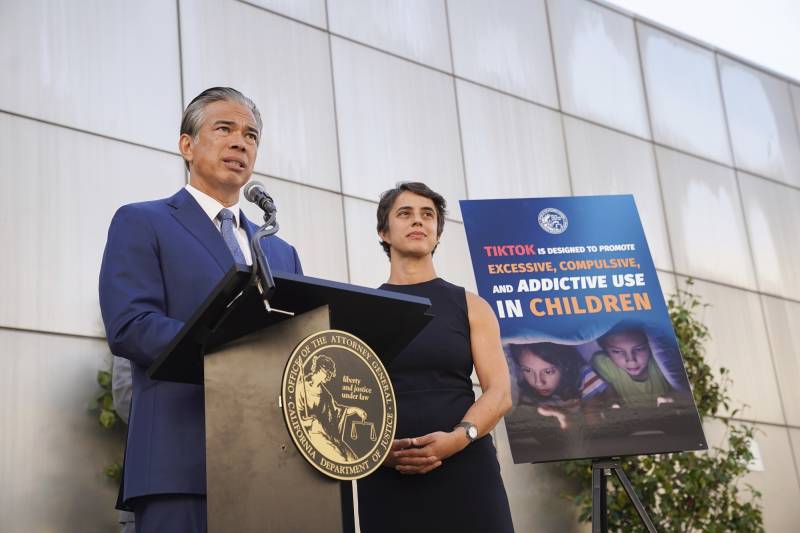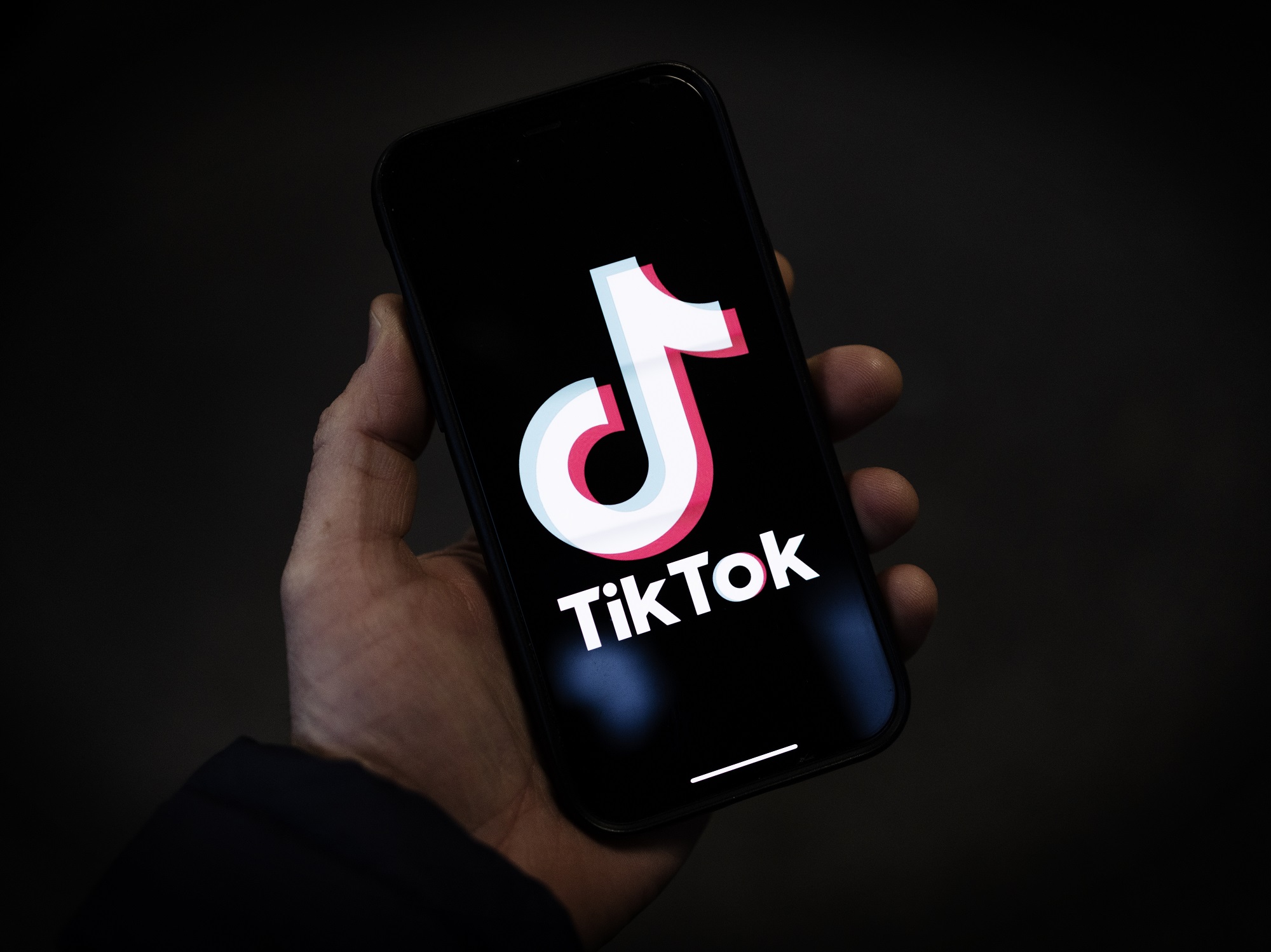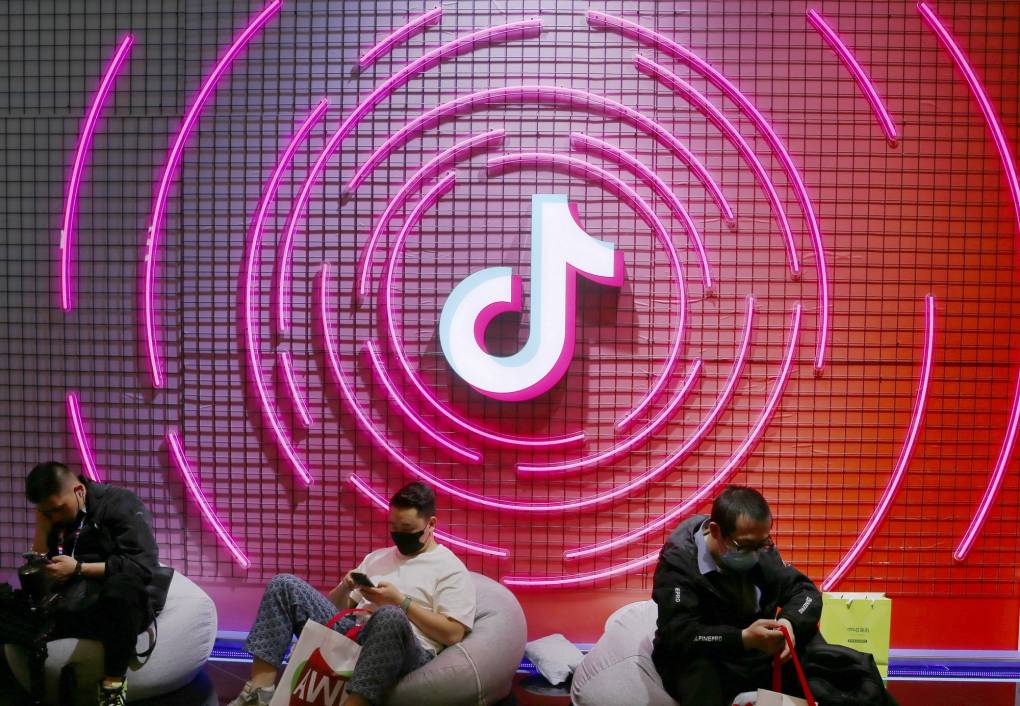TikTok faced Congressional scrutiny last year when CEO Shou Zi Chew was grilled by lawmakers about the safety and security of the immensely popular app. Chew testified that while the vast majority of TikTok users are over 18, the company has invested in measures to protect young people who use the app.
TikTok also faces legal threats at the federal level. In April, President Joe Biden signed into law legislation to ban or force a sale of TikTok by ByteDance, the app’s parent company. TikTok has 16 million users in California and an outsized influence in Silicon Valley, where it expanded its offices in San Jose earlier this year. According to California’s complaint, San Jose and neighboring Mountain View are “the hub” for the app’s Trust and Safety Team, which protects user data and is intended to specialize in youth safety.
A 2022 Pew Research Center report found that 67% of U.S. teens ages 13-17 use TikTok, and 16% of all teens said they use the app almost constantly.
A UCSF study published Monday found that for preteens, longer screen time increases the likelihood that nine- and 10-year-olds will develop symptoms of mental illness. The lead author, Dr. Jason Nagata, an associate professor of pediatrics at UCSF, pointed out that even though the minimum age requirement for social media use, including TikTok, is 13, the study found that two-thirds of the students had social media accounts.
“Robust age verification is not currently present, and many kids are able to lie about their age and get TikTok accounts,” Nagata said.
The UCSF study also found that the impact on mental health also varied by race, with Black and Asian youth reporting weaker associations between screen time use and mental health than their white peers.
“I think it is also possible that through social media, minority groups — whether it’s racial or ethnic minorities or even LGBT youth — may be able to connect with others on social media, even if they don’t have that community in their immediate in-person environment,” Nagata said.
KQED’s Leslie McClurg contributed to this report.


